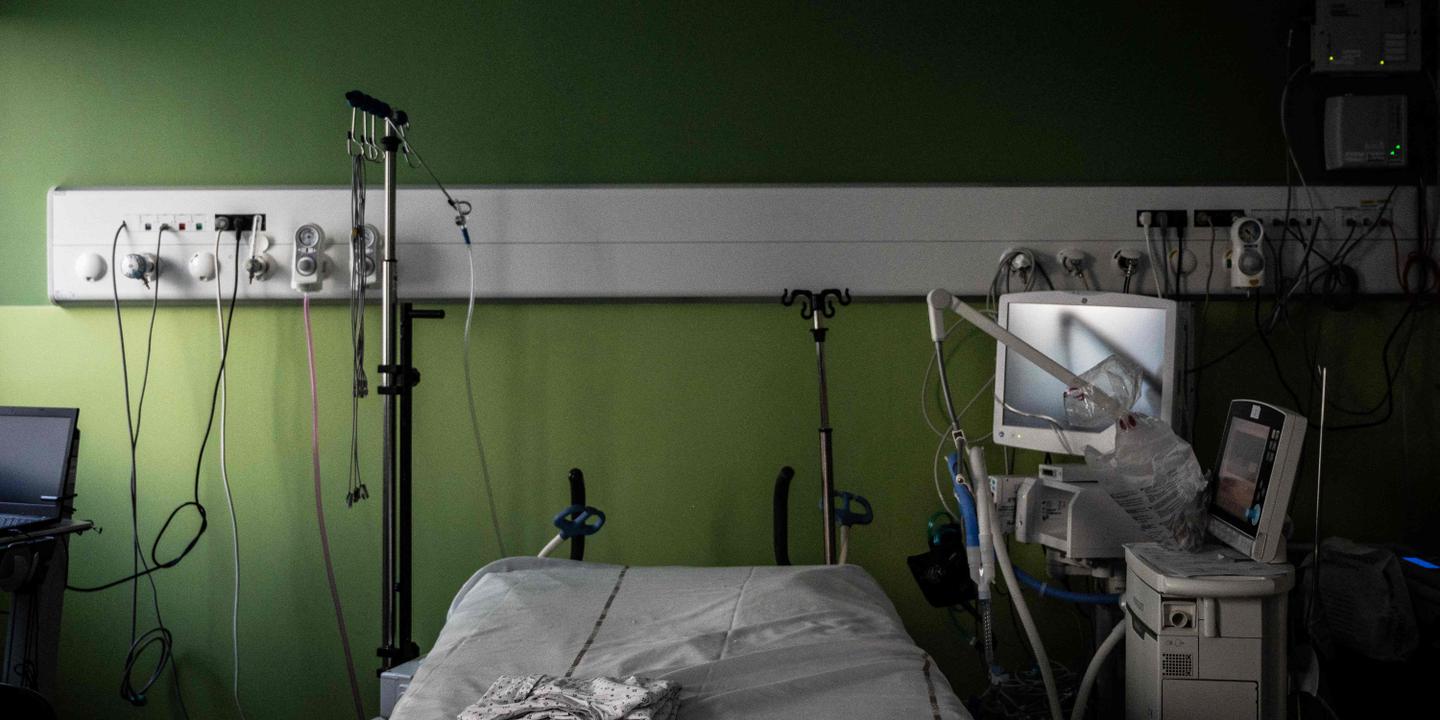Health spending reached 209.2 billion euros last year and experienced “The lowest growth ever observed” (0.4%), because of the very contrasting effects of Covid-19, according to a report of the Directorate of Research, Studies, Evaluation and Statistics (DREES) published Wednesday, September 15. Never seen before … anyway “Since 1950, the first year available for health accounts”, underlines the statistical service of the social ministries.
Despite the billions spilled to stem the epidemic, France spent barely more to treat itself last year than in 2019. This apparent paradox is explained by the sudden end of the first confinement, in spring 2020.
The “Healthcare consumption” decreased accordingly among dentists (- 8.9%), doctors (- 5%), but also for medical transport (- 9.4%) and medical auxiliaries (- 11.9%). The activity of nurses, “Little affected by the sanitary restriction measures”, on the other hand, increased (+ 7.2%).
Unforeseen costs covered by Social Security
Conversely, the drop in part of hospital activity did not prevent a “Acceleration” expenditure in this sector (+ 3.7%), due to “Additional costs” linked to Covid-19 and above all to bonuses, overtime and wage increases in public establishments. Biological analysis laboratories have seen their expenses jump (+ 37.4%) due to the massive screening by PCR tests implemented from the summer of 2020.
These unforeseen costs were fully covered by Social Security, which funded 79.8% of health spending last year, almost 2 points more than in 2019. The complementary health, on the contrary, saw their expenses decrease due to the general atrophy of “City care”, and their share fell by one point to 12.3%.
the “Remains at charge” paid by households also fell, to 6.5%, or still 13.6 billion euros. A reflux that the Drees attributes in part to the “100% Health” reform, the first effects of which were felt on dental care.
–


